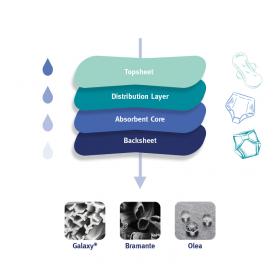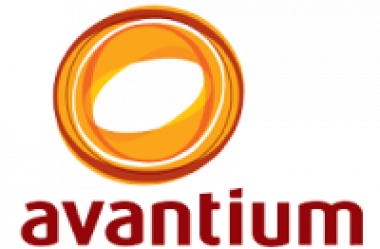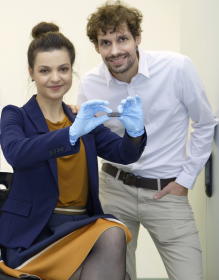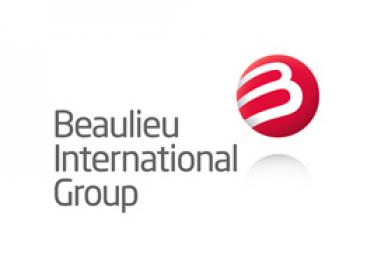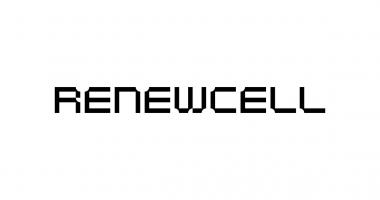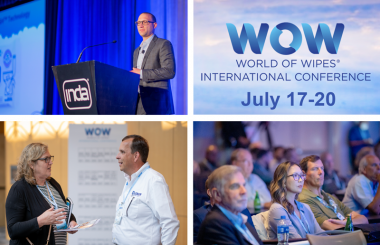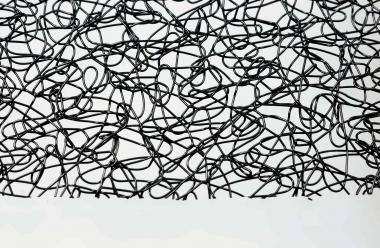RadiciGroup presents high-resistance sustainable nonwovens at Index
- Spunbond, meltblown and composite structures for new market opportunities
RadiciGroup is participating with its Advanced Textile Solutions business area at Index in Geneva from 18 to 21 April 2023. Among the Group’s products showcased are spunbond and meltblown for different application sectors, such as roofing, construction, automotive, HO.RE.CA. and filtration.
“The key message we are bringing to the fair is sustainability,” noted Enrico Buriani, CEO of the Nonwovens division of RadiciGroup Advanced Textile Solutions. “Those who already know us know that, for many years, the Group has been focused on proposing low environmental impact products and processes where sustainability is scientifically measured or certified by independent third parties. Our company is dedicated to nonwovens, which, by the way, are produced using 100% renewable energy. We have expanded our portfolio of innovative solutions for customers interested in realizing projects with sustainability as an essential requirement.”
Respunsible® is a spunbond brand manufactured from recycled polypropylene. A preliminary Life Cycle Assessment (LCA) study was carried out by RadiciGroup to demonstrate the correlation between the reduction in environmental impact and the percentage increase in recycled material. The final results demonstrate that a variable percentage of from 50 to 70% recycled material leads to a reduction in CO2 emissions of from 30 to 40%, compared to a fabric made of 100% virgin material, without comprising high technical performance.
Additionally, since RadiciGroup has achieved ISCC PLUS certification (International Sustainability and Carbon Certification), it can offer bio, biocircular or circular polypropylene spunbond and meltblown nonwovens, in which the sustainable polypropylene is biomass balanced. This certification signifies traceability along the supply chain and verifies that the certified companies meet high environmental and social standards.
“Since 2020, we have had a technologically advanced meltblown production line,” Mr. Buriani concluded. “This allows us to make composite structures, sold under the brand name Radimelt®. Now our goal is to expand our filtration applications, diversifying and developing new business, for instance vacuum cleaner bags or HVAC (heating, ventilation and air conditioning) system filters, where we can meet the high efficiency and mechanical resistance demanded, thanks to our latest generation technology.”
Radici Group









